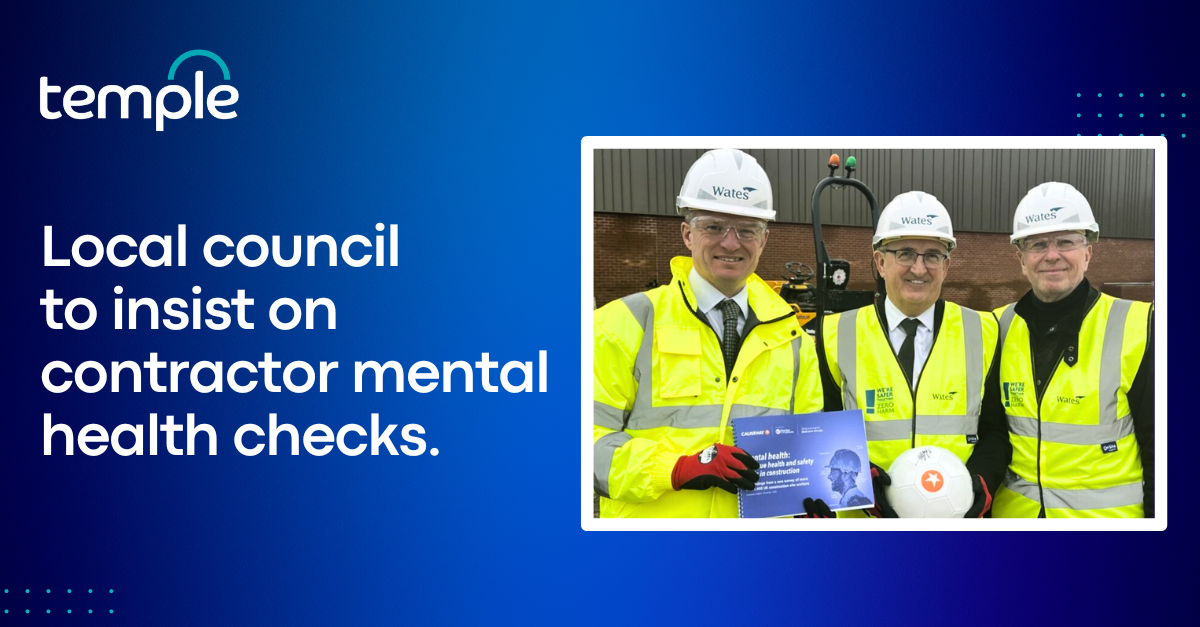
Local council to insist on contractor mental health checks
Construction Enquirer report that Halton Borough Council is now insisting that all main contractors bidding to win work from it have to “include a scored
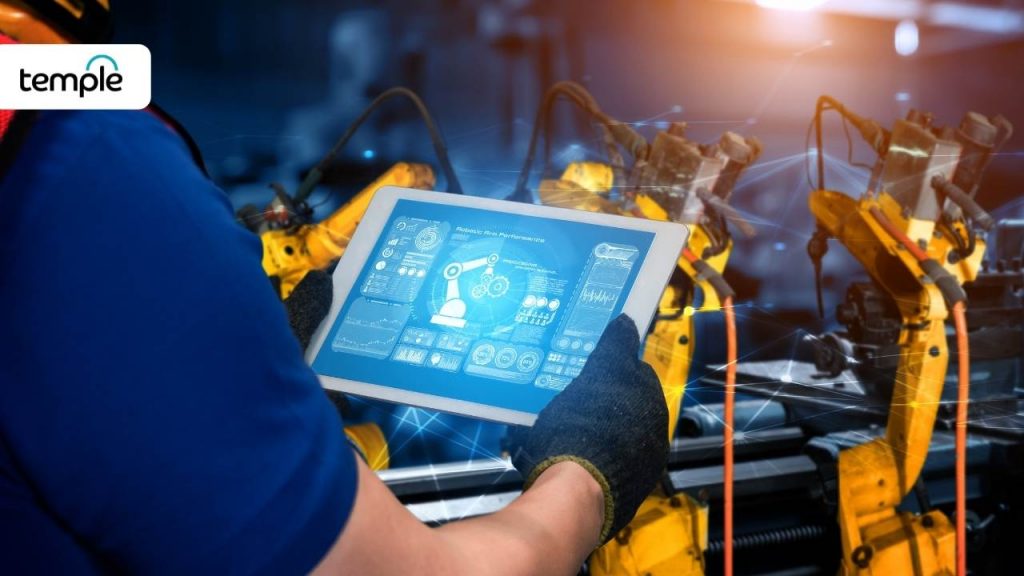
In March this year, the UK Government Department for Business, Energy and Industrial Strategy, published an Industrial Decarbonisation Strategy. Of the approximately 370 megatonnes (Mt) CO2e (‘e’ is a suffix indicating CO2 equivalence) produced by the UK, about 70 Mt CO2e ( about one fifth) is a result of industrial activity. By 2030 these emissions need to reduce to 40 Mt CO2e and by 2040 to 10 Mt CO2e.
To state the obvious, this will not be easy, but work within the Made Smarter Innovation Challenge during the past year, points toward the UK as being perfectly positioned to rise to the challenge. Dr Ben Farmer, UK Research and Innovation, Made Smarter Innovation Deputy Challenge Director explains how.
Two-thirds of industrial CO2e abatement required by 2030 needs to be delivered by Resource Efficiency and Energy Efficiency (REEE)
Digital is key to REEE. To know where to start, however, needs data. Once data is available, efficiencies can sometimes be immediately obvious.
But if not, a common digitalisation pathway has been identified that can be used to optimise existing linear operations – a point to revisit later.
 Strategy (BEIS)
Strategy (BEIS)
Key: REEE – Resource efficiency and energy efficiency; CCUS – Carbon capture and storage; BECCS – Bioenergy with carbon capture
Source: Department of Business, Energy and Industrial
One of the two pathways to net zero for industry, identified in the BEIS Industrial Decarbonisation Strategy, features extensive national infrastructure networks for CCUS and hydrogen. Common to both pathways, is that about two thirds of annual CO2 abatement in play by 2030 is a result of REEE.
Digital delivers CO2 reductions and does so quickly. Research conducted with the Made Smarter Innovation Advisory Group has shown that Artificial Intelligence (AI) is the only industrial digital technology that is considered as strategically important to all manufacturing sectors. Made Smarter research also shows the UK has the greatest investment in early-stage AI companies anywhere in Europe and, when compared to the size of the economy, is ahead of North America and Asia. Not only that, these start-up and scale-up companies are ideally placed to move fast.
One of the two pathways to net zero for industry, identified in the BEIS Industrial Decarbonisation Strategy, features extensive national infrastructure networks for CCUS and hydrogen. Common to both pathways, is that about two thirds of annual CO2 abatement in play by 2030 is a result of REEE.
Digital delivers CO2 reductions and does so quickly. Research conducted with the Made Smarter Innovation Advisory Group has shown that Artificial Intelligence (AI) is the only industrial digital technology that is considered as strategically important to all manufacturing sectors. Made Smarter research also shows the UK has the greatest investment in early-stage AI companies anywhere in Europe and, when compared to the size of the economy, is ahead of North America and Asia. Not only that, these start-up and scale-up companies are ideally placed to move fast.


The necessary digital capabilities already exist. Research reveals that very little of the globally competitive UK AI capability is currently orientated towards manufacturing. The key question is why manufacturing doesn’t already use this capability? The answer is complicated and still emerging. Made Smarter is already running interventions, such as fast start collaborative research and development and the Made Smarter Technology Accelerator, to demonstrate that these do facilitate digital companies that previously have not worked in manufacturing to do just that.


Digitally enabled REEE also delivers resilience and productivity. Digitally enabled transparent and provenanced supply chains, combined with reduced material and energy resource usage, reduce sensitivities to variable material availability and price, allowing more to be done with less
Digitally enabled REEE can go further than is currently planned by facilitating the shift to circularity. AI, blockchain, digital twins and digital design are key to industrial symbiosis and scalable circular manufacturing, further reducing industrial resource and energy use, thereby mitigating other costly and risky CO2e abatement technologies.
Digital manufacturing also facilitates reduced use phase emissions. Technologies, such as robotics and additive manufacturing, allow designers greater freedoms to create products that emit less CO2 during their use (and re-use), and more value creation across the whole value chain, including UK-wide based manufacturers.
The elephant in the room – 89% of the emissions associated with the UK’s demand for manufactured products occur outside of the UK. Once developed, industrial digital technologies can be exported at scale. Industrial digital technologies, where the UK is strong, are relevant to the economies of other industrial nations with industries such as chemicals, pharmaceuticals, food and drink, aerospace and automotive.
Made Smarter has identified a universal, challenge orientated (technology agnostic) digitalisation pathway. The first half of which, and the focus of the Made Smarter Innovation challenge, is the optimisation of linear processes and supply chains. The second half, and where thoughts shift to beyond the current challenge, is the digital facilitation of industrial symbiosis and large-scale circularity. Throughout, Made Smarter will build in the UK’s leading capabilities in ethics and human adoption.


Construction Enquirer report that Halton Borough Council is now insisting that all main contractors bidding to win work from it have to “include a scored
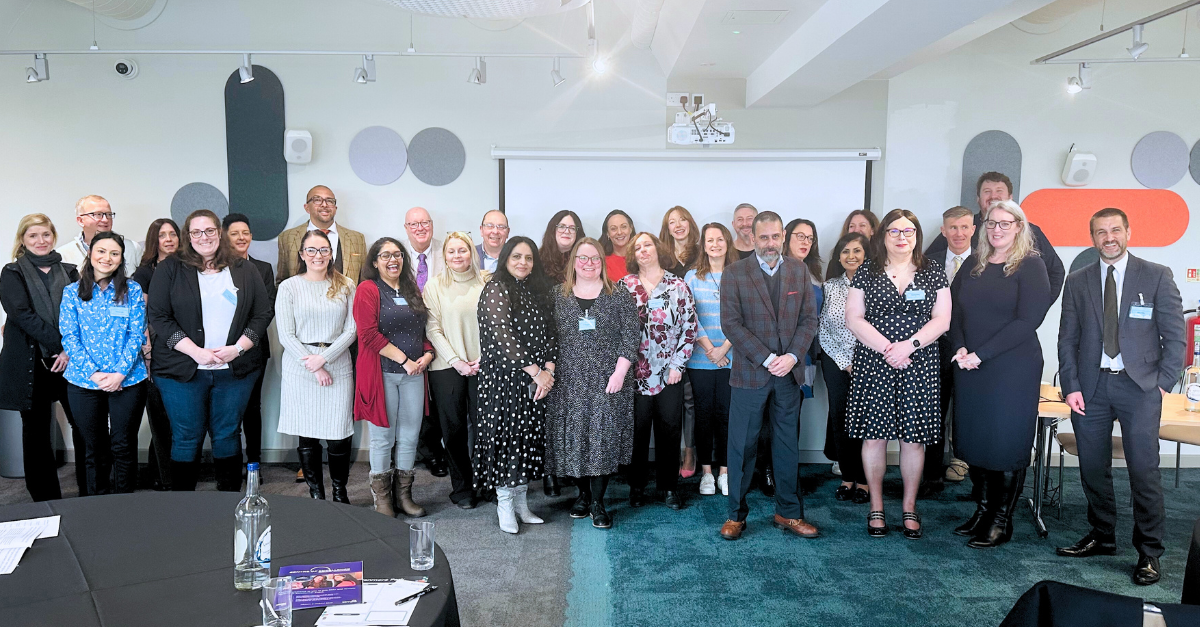
DNV UK’s Business Assurance team, alongside training partner, Temple, hosted their latest ‘Centre of Excellence’ event earlier this month at Cranmore Park in Shirley. This
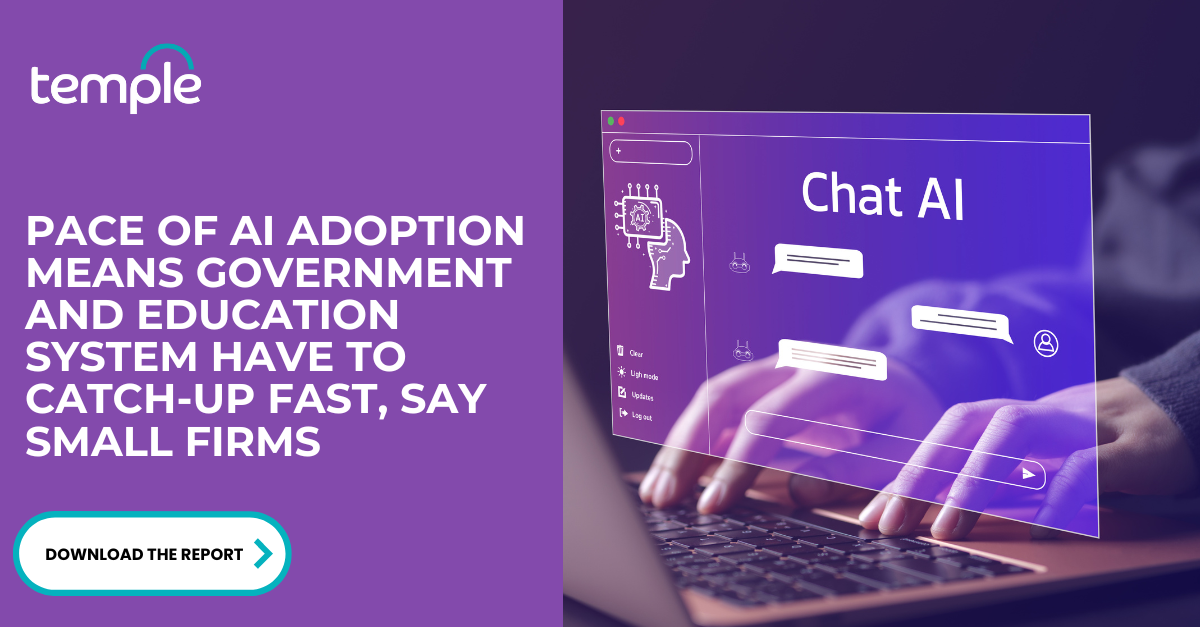
Redefining Intelligence: The Growth of AI Among Small Firms, highlights that while AI excels at recognising patterns at speeds that dwarf human capabilities, it falls
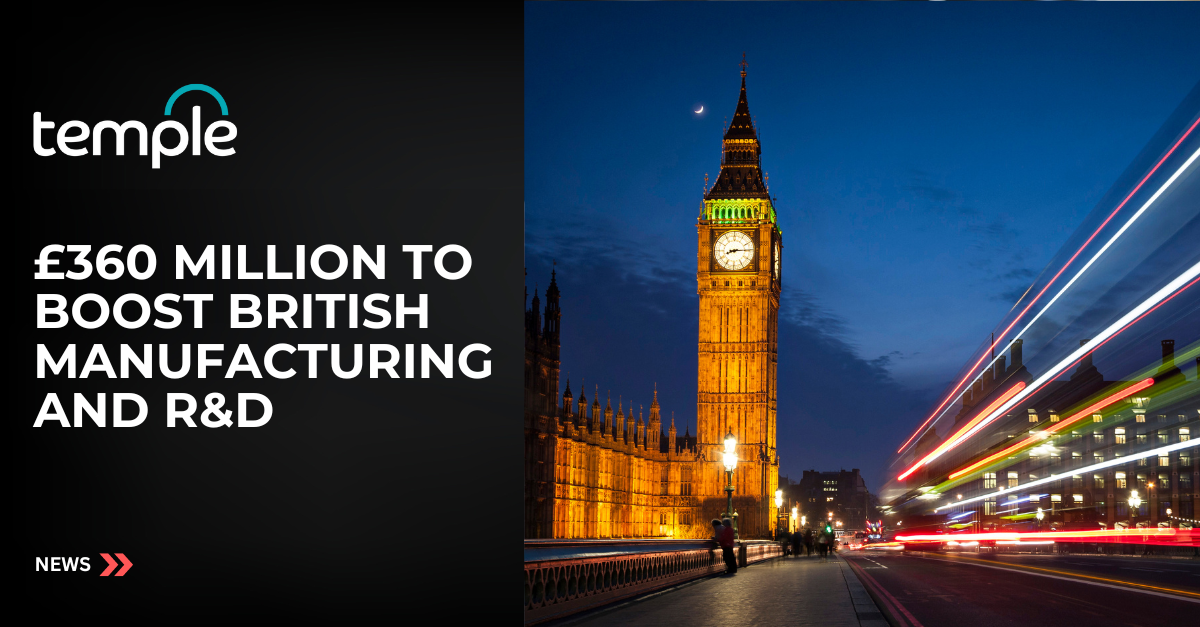
The Chancellor has today (4 March) announced a significant investment package in the UK’s life sciences and manufacturing sectors. £92 million joint government and industry